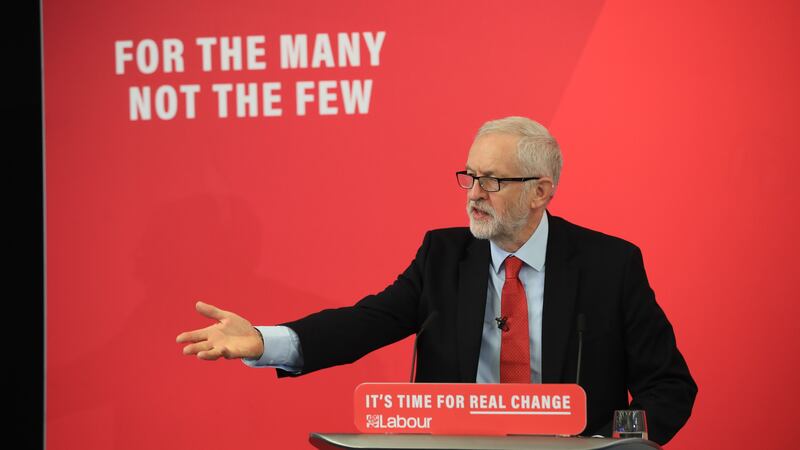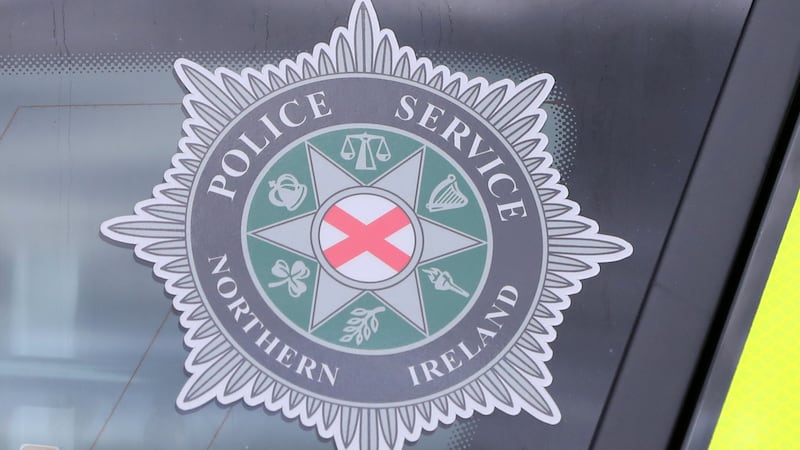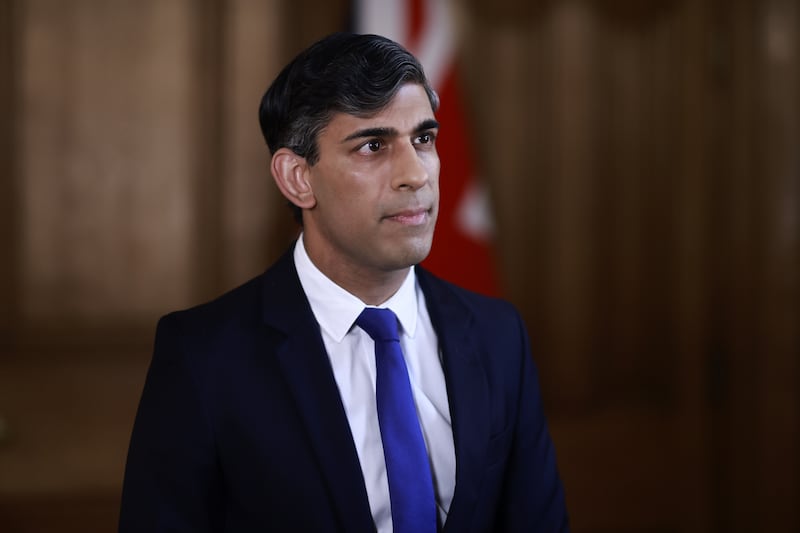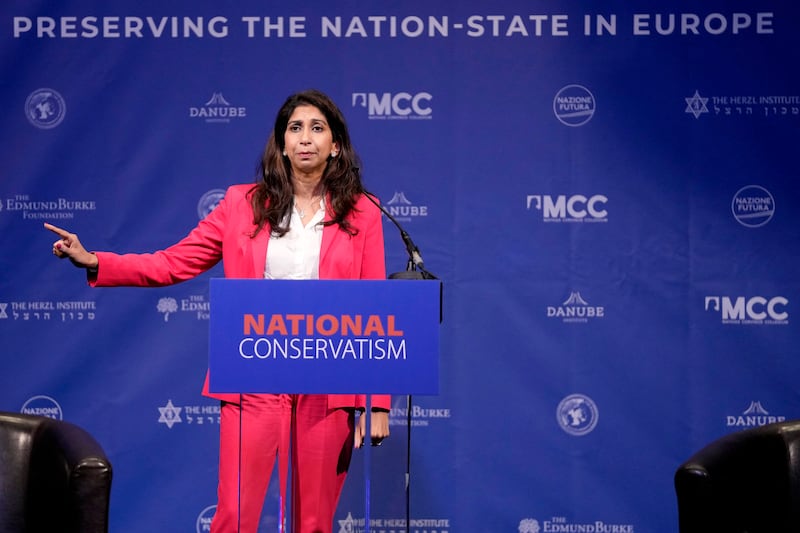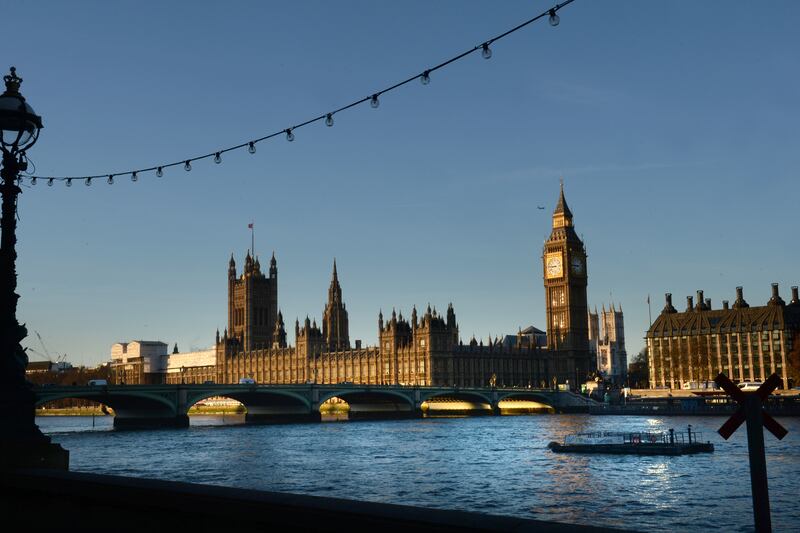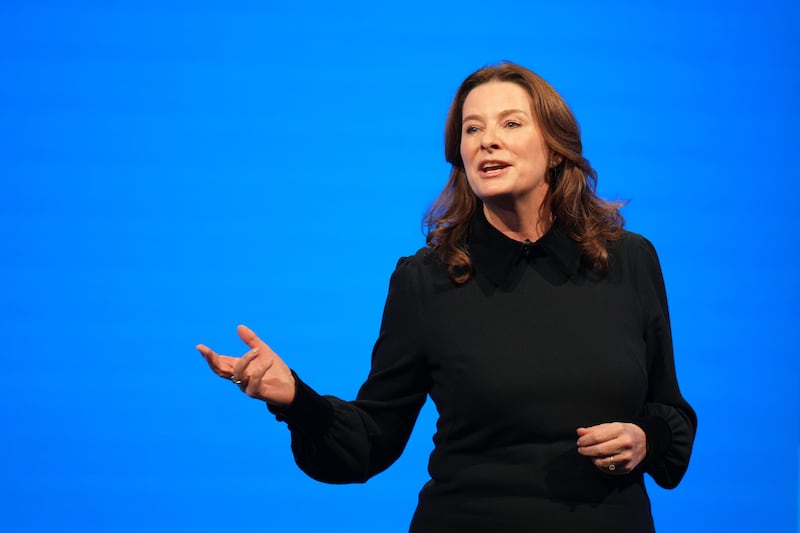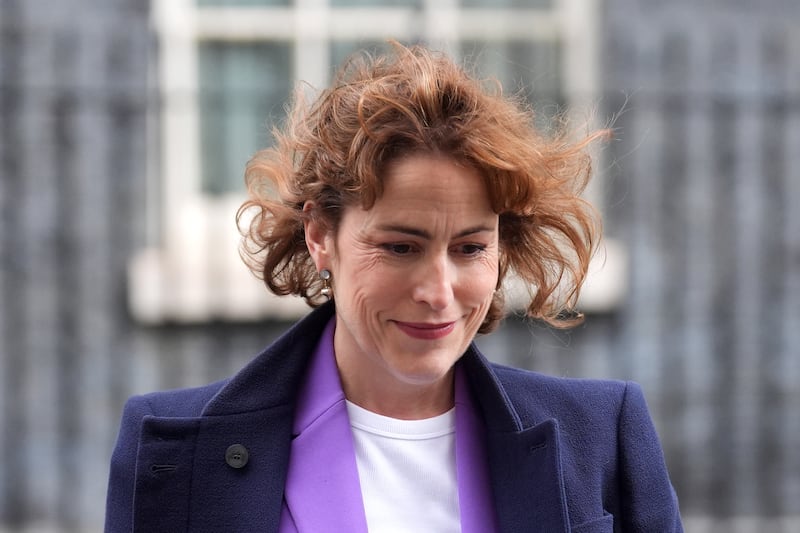Jeremy Corbyn has vowed to close the “tax tricks” used by giant corporations to partially fund a pledge to deliver free full-fibre internet to all by making broadband a public service.
Labour defended its costings for the centrepiece proposal to deliver the service to every home and business by 2030 under a new, nationalised “British Broadband”.
The party gave the policy a price tag of £20 billion, but BT chief executive Philip Jansen accused Labour of dramatically underestimating the cost, which he put at closer to £100 billion.
Launching the policy at Lancaster University, Mr Corbyn vowed not to transfer the costs to the public, “who have already forked out far too much for rip-off broadband”.
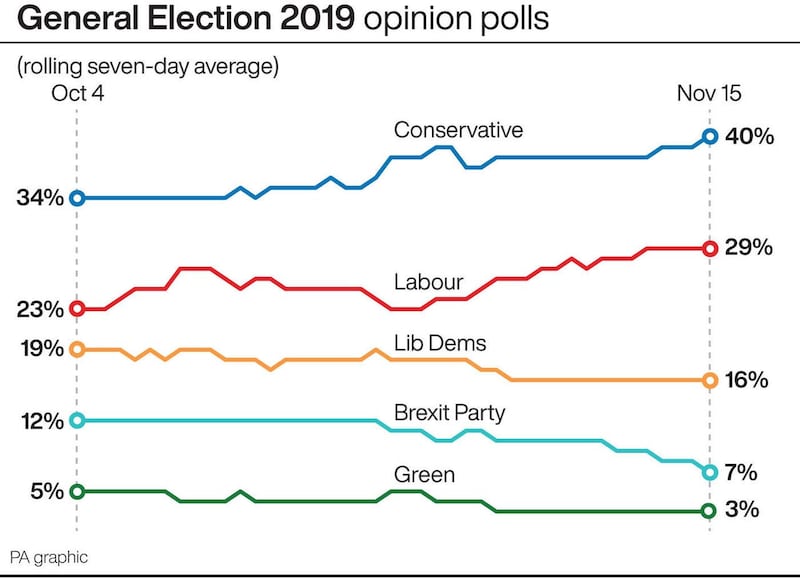
“Instead, a Labour government will close down tax tricks used by giants like Google and Facebook, who make millions in this country while paying next to nothing to the public services which they benefit from,” he said.
Shadow chancellor John McDonnell dismissed Mr Jansen’s figure, saying Labour’s numbers had come from the Government’s own digital infrastructure review.
“So we have taken that figure, a Government figure, independently assessed, and that’s the basis of which we will be delivering the project itself,” Mr McDonnell said.
“They think they can get away with not paying their share, well I’ve got news for them – not any more.”
Mr Corbyn pledged the move would end internet dropouts, improve national security, form part of its “green industrial revolution” to tackle climate change by reducing the need to commute and save the average person £30.30 a month.
Mr McDonnell said the maintenance costs of the network – around £230 million yearly – would be paid for by a new approach to taxing multinationals as a share of their global activity.
If they have 10% of their “sales, workforce and operations” in the UK then they would pay £10 of their global profits, Mr McDonnell explained.
He denied the nationalisation plan was a return to the 1970s, instead hailing it as “public ownership of the future”.
Boris Johnson has previously planned to give every home in the UK full-fibre internet by 2025 with a £5 billion spend but on Friday he downgraded this to “gigabit broadband” without a deadline, and he called Labour’s scheme “crackpot”.
Mr McDonnell criticised the Tory’s plans as a “fat subsidy to existing operators like Virgin”.
Some Labour opponents of the EU have long raised fears the bloc’s state aid laws could block a government’s attempts to renationalise industries.
But, asked by PA, Mr McDonnell said: “We’ve taken legal advice throughout our approach and on the legal advice we’ve had, which has been extensive, is it’s perfectly compatible.”
The Tories later said the plan “will almost certainly be illegal under EU law”.
Brexit Secretary Steve Barclay added: “Jeremy Corbyn is not being straight with the British public – he knows perfectly well that his scheme to keep Britain in the EU means he will be unable to deliver on these grand promises.”
The move would bring parts of BT into public ownership, including Openreach which runs the UK’s broadband network.
Labour’s announcement provoked swift reaction, with shares in BT dropping nearly 4% and TalkTalk placing the sale of one of its businesses on hold.
The BT share price later stabilised to a 2% fall but this nevertheless wiped nearly £500 million off the company’s value.
